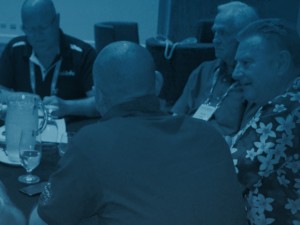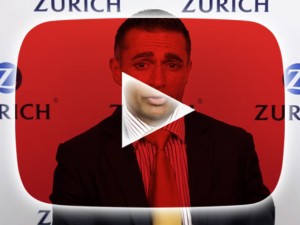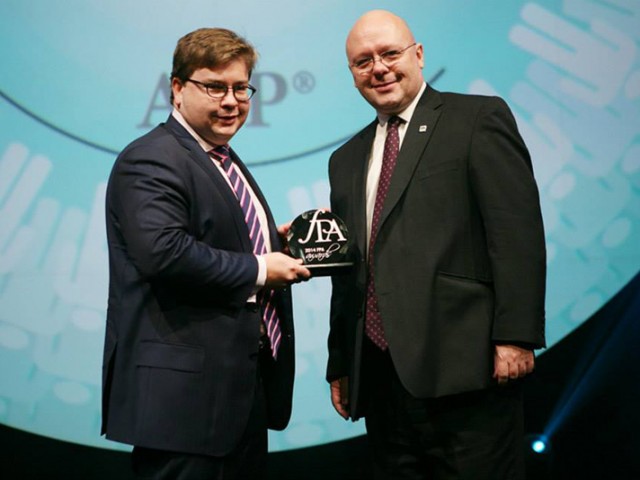Family Business Consultants Network Chair, Jon Kenfield, believes the number of older generation business owners that have stayed at the helm of their enterprises well beyond the time when they should have facilitated a successful ownership transition is a significant problem that now poses serious challenges and risks to prospective future family owners and loyal employees. But Kenfield also believes these challenges offer advisers working in the family business and SME space great opportunities to add value for their clients…
The effects of the ‘fossilisation’ of many mature family businesses and other small-to-medium enterprises are already becoming apparent throughout our economy in the form of increasing business closures and job losses. This trend will continue to impact commercial capacity and financial resources, and should be stimulating the Australian business community, and government, to do far more than they’re currently doing to meet the threat.
This business fossilisation is another outcome of the GFC that has yet to be fully understood, but the ramifications are being felt in family-owned businesses across the country, and around the world. As a result of depressed economic conditions, business owners have been forced to put their sale and exit aspirations on hold. These owners are now becoming too old to wait any longer, because their health, commercial capacities, and their businesses have diminished with age. These ‘rusted on’ or ‘fossilised’ versions of what were previously dynamic business leaders are making increasingly poor decisions or no decisions at all. This leads to increasingly frustrated family successors, confused and leaderless employees, anxious suppliers and more demanding financiers. As if that weren’t enough, investment in the business also halts, key staff depart the business in an act of self-preservation, and customers start seeking alternative relationships as quality, price and service levels decline. This ‘perfect storm’ erodes confidence, shrinks revenues and profits, and further depresses business values. It’s a desperate downward spiral.
When a business starts to decline, the momentum can cause exit options such as family succession, IPOs, trade sales, acquisitions and mergers or buyouts by management and staff to disappear quickly.
Many business owners need to sell their businesses to fund their lives in retirement. The stark reality is that many of them have already missed the boat and will not be able to find buyers willing to pay what they consider an acceptable price (or what they need to get) for their life’s work. Their diminished businesses also look far less attractive to family successors than they once did, due to years of decline and frustrated confusion.
An inevitable and tragic final outcome, at least in the worst case scenarios, is that these owners will be forced to turn off the lights, lock the doors and walk away. The business owner loses out; their family fails to transition the business to their next generation; local jobs are lost, and our business capacity takes another hit.
When professional advisers work collaboratively with their clients to explore other options and increase the capacity of the business, new solutions can often be found, or created. Unexpected buyer capacity may exist in the form of the employees who need to keep the business operating and thriving, in order to retain their jobs. But long-term employees often lack the confidence, skills, resources or sense of shared purpose to develop and present a proposal to buy the business from the owner, who has often been their boss for many years. This is an example of where advisers can work more collaboratively with their clients on processes designed to help both buyers and sellers to negotiate deals that wouldn’t occur without ‘enlightened’ inputs.
Family businesses are uniquely different from large publicly listed organisations. When they fail, the families behind them can also fail and fall apart.
In normal circumstances it’s enough of a challenge to resolve internal disagreements and conflicts, but when the patriarch or matriarch has diminished capacity and still holds on to the reins of power, the process of achieving good outcomes becomes particularly challenging.

Jon Kenfield is Chair of the Family Business Consultants Network, a network of professional advisers who have pledged to use their broad spread of complementary skills to work collaboratively with SMEs and families in business on ‘fossilisation’ and similar issues.
Contact or follow the author: Website
















